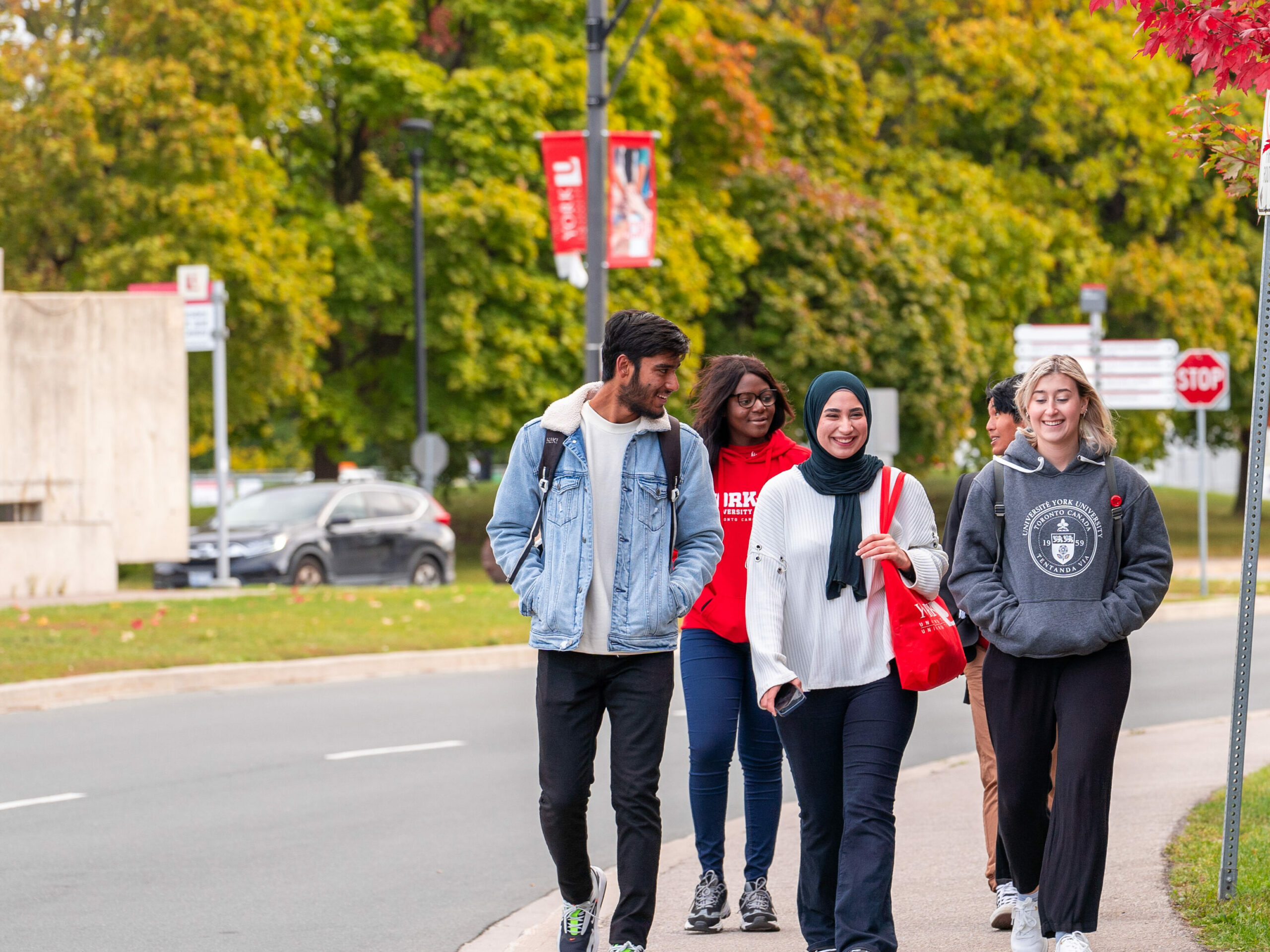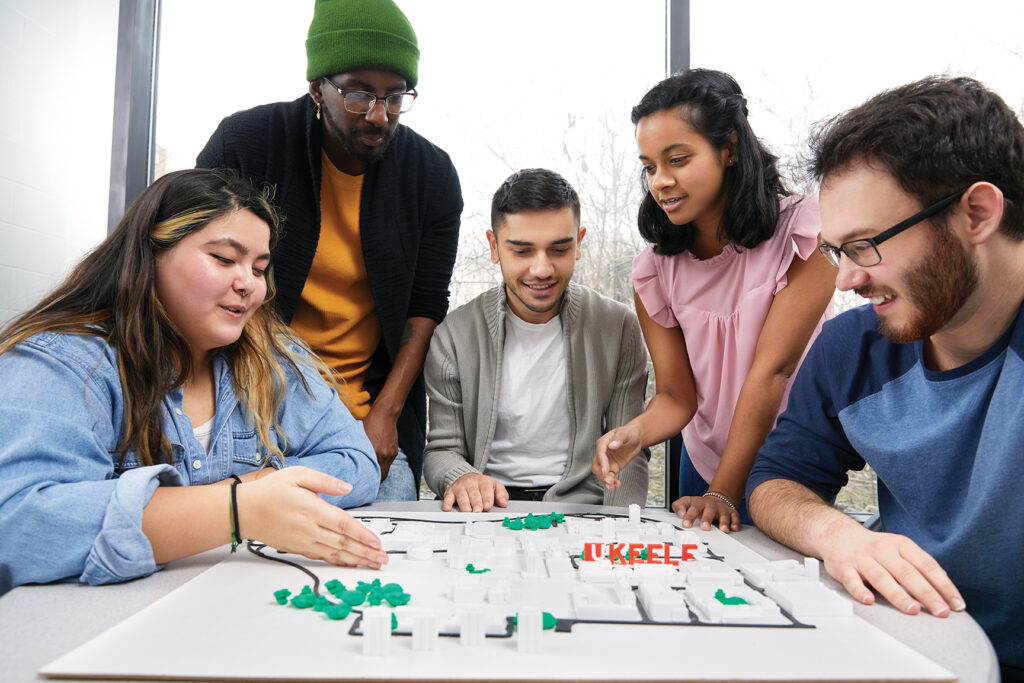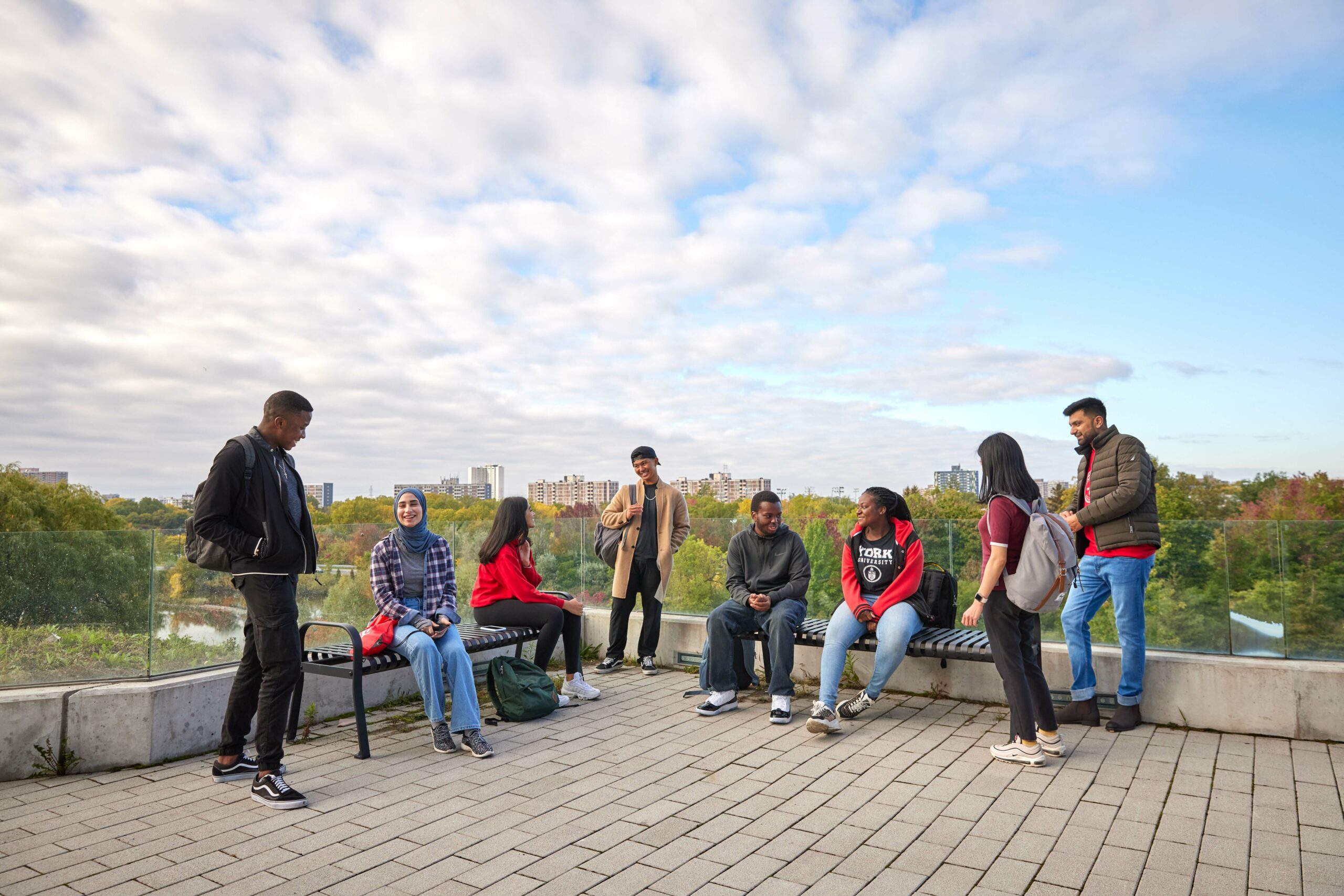
Inspire positive change
In the 2023-2024 academic year, we will be doing a community consultation to help inform the renewal of the sustainability strategy with an aim of completion for spring 2024.
Engagement and Consultation Opportunities
We want to hear from you! There are numerous ways you can participate. Any personal information shared will be kept confidential; feedback will be aggregated in the final report.

Workshops
These workshops will be led by Mike Layton, Chief Sustainability Officer at York U, and they will be focused sessions for community members to provide feedback and do brainstorming in groups to help inform the renewal of the Sustainability Strategy.
VIRTUAL (Zoom)
Wednesday, March 13 from 1-2:30 p.m.
IN PERSON, KEELE CAMPUS
Wednesday, March 20 from 2:30-4:00 p.m.
VIRTUAL (Zoom)
Thursday, March 21 from 2-3:30 p.m.

Survey
The Office of Sustainability is currently inviting the York community to share feedback and suggestions to inform the renewal of the 2024-2030 Sustainability Strategy.

Written Submission
You can send your feedback directly to sustainability@yorku.ca.

Build awareness, inspire lifelong commitment & catalyze action
Create opportunities to engage all York U community members on every campus
Create an atmosphere for genuine co-creation
Promote sustainability as a core principle of York U’s culture
Our Community Engagement Goals
Meaningful and fun engagement
Identify sustainability leaders amongst staff, faculty and students
Generate feedback from stakeholders to inform the renewal of the Sustainability Strategy
Support an ongoing dialogue to advance sustainability at York
The History of the Strategy
The University’s plan to right the future and create positive change affects every corner of our campuses. Our plan shapes our teaching and research, and impacts decision-making across at every level of the institution. As the third largest university in Canada, York has an extensive history demonstrating commitment to sustainability, which includes the development of the first Sustainability Strategy in 2017. This strategy was intended to be reviewed every five years. Members of the York community were invited to participate and give their ideas and input on key issues such as energy, climate change, waste management, transportation, social justice, and many other sustainability issues facing the University now and into the future. Read the 2017 Sustainability Strategy here.

Stay Connected
To get up-to-date information about the Strategy and other initiatives, sign up for updates from the Office of Sustainability.
